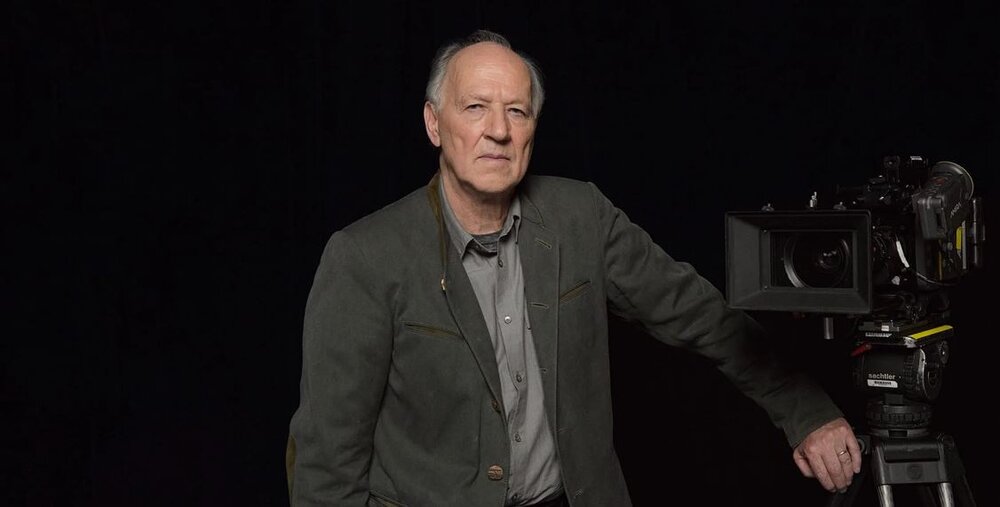Werner Herzog calls Iran country with great tradition of wonderful films

TEHRAN – German documentarian Werner Herzog in his message to British documentary filmmaker André Singer has called Iran a country with a great tradition of wonderful films.
Singer is scheduled to review the cinema of Werner Herzog in a master class at the 14th edition of Cinéma Vérité, Iran’s major international festival for documentary films.
Due to the pandemic, this year’s Cinéma Vérité will be organized totally online from December 15 to 22.
The following is the text of the video message.
“Hello Andrea, I know you are doing a seminar, a workshop with young people in Iran. Young filmmakers and young students, I envy you because I love this country, I love Iran, the country of 5000 years of poetry and Iran has such a great tradition of wonderful films. I wish you could be there, or I could be there in person but we can’t.”
“One thing that I first noticed in the first emails that we exchanged that there are some thoughts about Cinéma Vérité, so be cautious, because I was the one who always preached Cinéma Vérité.”
“Truth in cinema lies beyond the effects, it lies somewhere in the mysterious area that we cannot really define, I call it sometimes the ecstasy of the truth and I think Iranian films have found something that illuminate us but when it comes to the term of Cinéma Vérité, you should leave it behind because that was the answer of the 1960s; reach out beyond that. You will have some wonderful young people beyond you, and I wish you all the best, best of luck to all of you.”
Herzog’s unusual films have captured men and women at psychological extremes.
During his youth, the 78-year-old Herzog studied history, literature, and music in Munich and at the University of Pittsburgh, and traveled extensively in Mexico, Great Britain, Greece and Sudan.
“Herakles” was his early short directed in 1962, and “Signs of Life” (Ebenszeichen) was his first feature film made in 1967.
He became known for working with small budgets and for writing and producing his own motion pictures.
Herzog’s films, usually set in distinct and unfamiliar landscapes, are imbued with mysticism.
In his 1970 “Even Dwarfs Started Small” (Auch Zwerge Haben Klein Angefangen), the microcosm of a barren island inhabited by dwarfs stands for a larger reality, and in “Fata Morgana”, his 1971 documentary on the Sahara, the desert acquires an eerie life of its own.
One of Herzog’s best-known films, “Aguirre, the Wrath of God” (1972) follows a band of Spanish explorers into unmapped territory, recording their gradual mental and physical self-destruction.
Herzog’s most realistic film “Stroszek” (1977), is a bittersweet tale of isolation concerning a German immigrant who, with his two misfit companions, finds the dairy lands of Wisconsin to be lonelier and bleaker than the slums of Berlin.
Herzog’s other films include “Heart of Glass”, “Woyzeck”, “Fitzcarraldo” and “Scream of Stone” (Schrei aus Stein).
Photo: German documentarian Werner Herzog in an undated photo.
RM/MMS/YAW

Leave a Comment